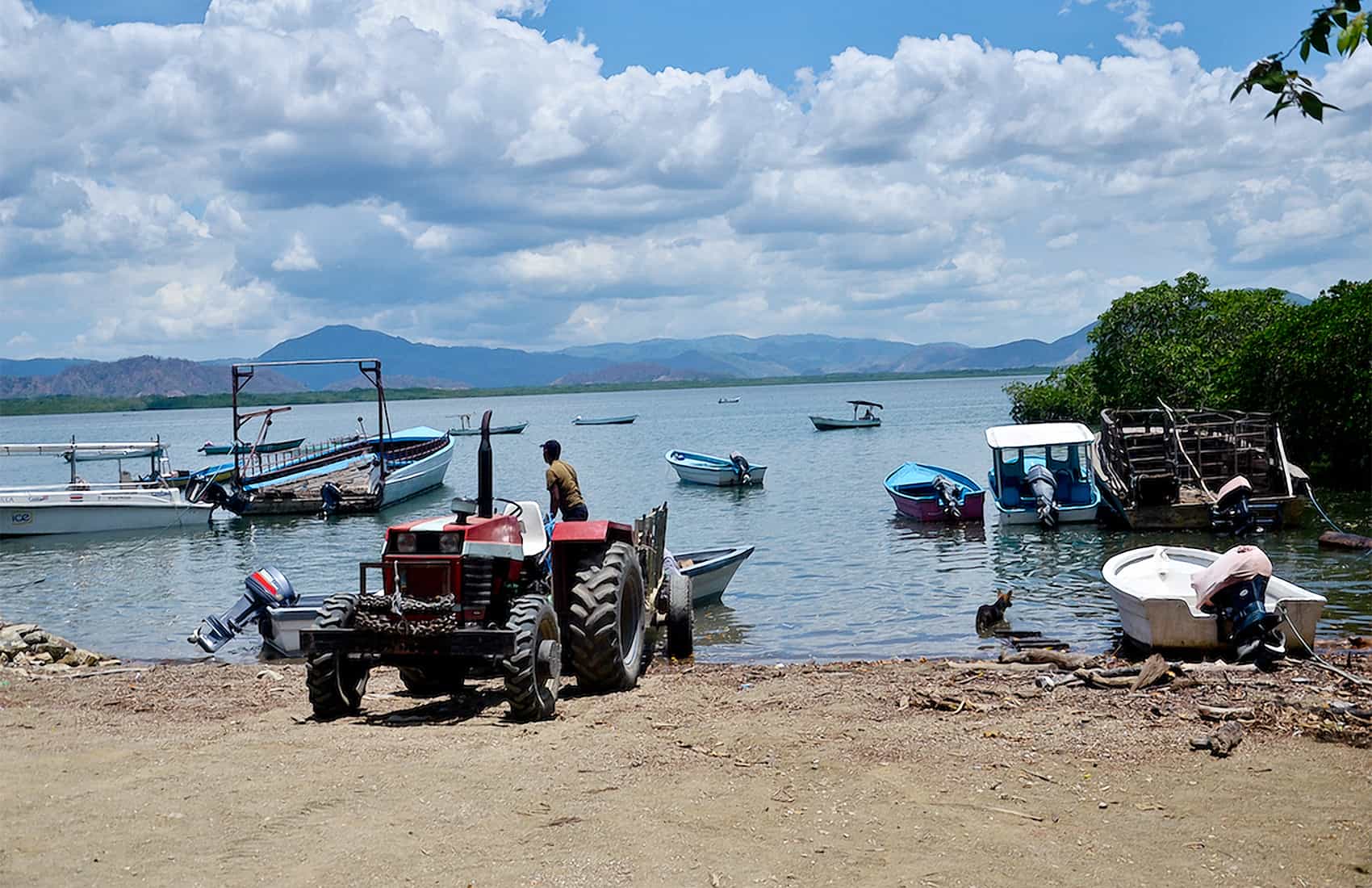Leaders of the Costa Rican Fisheries Federation (FECOP) on Wednesday presented an action plan to reform the Costa Rican Fisheries Institute (INCOPESCA), saying the regulatory agency had “lost its way and requires substantial changes.”
The plan, which includes eight reform proposals, is based on research by FECOP that surveyed members of the fishing sector in several communities of the Pacific provinces of Puntarenas and Guanacaste from February-April, confirmed FECOP Legal Department Director Antonio Chávez Villalobos.
The results of the investigation available at FECOP’s website show that most of the fishing sector believes INCOPESCA does not represent their interests.
“The proposals mostly seek to improve and strengthen INCOPESCA,” Chávez said, adding that the group hopes officials from the Environmental Tribunal and the Environment Ministry will consider implementing the plan.
Among the proposals are a change of the composition of INCOPESCA’s board of directors, which currently is dominated by representatives from the commercial fishing and export sector (75 percent of the board’s members are from this sector). It also calls for more governmental participation in the agency to prevent one sector from making all the decisions.
“INCOPESCA’s decisions should be tailored to the interests of the country and not favor just one sector,” Chávez said.
Last year the administration of President Laura Chinchilla (2010-2014) proposed a bill for eliminating INCOPESCA’s board of directors and leaving administration to the agency’s managers. The proposal received support from various environmental groups, but it lacked enough support for approval in the Legislative Assembly.
FECOP’s plan seeks greater technical and scientific input in INCOPESCA’s decision-making process, more strategic planning, and a streamlining of the agency’s management.
Another proposal seeks to change the management of the tuna fishing industry, including an elimination of free fishing licenses, charging by the ton and maintaining fishing license rates up-to-date.
The plan also proposes measures to improve coordination with the Public Security Ministry and the Coast Guard to enforce laws and provide security.
Update: A previous version of this story included statements from the conservation group MarViva, issued under the context of a National Fishing Symposium on Nov.12. That information was based on a press release issued by the Agriculture and Livestock Ministry. However, MarViva has clarified that those comments are not related to the results of FECOP’s investigation or their proposal.






